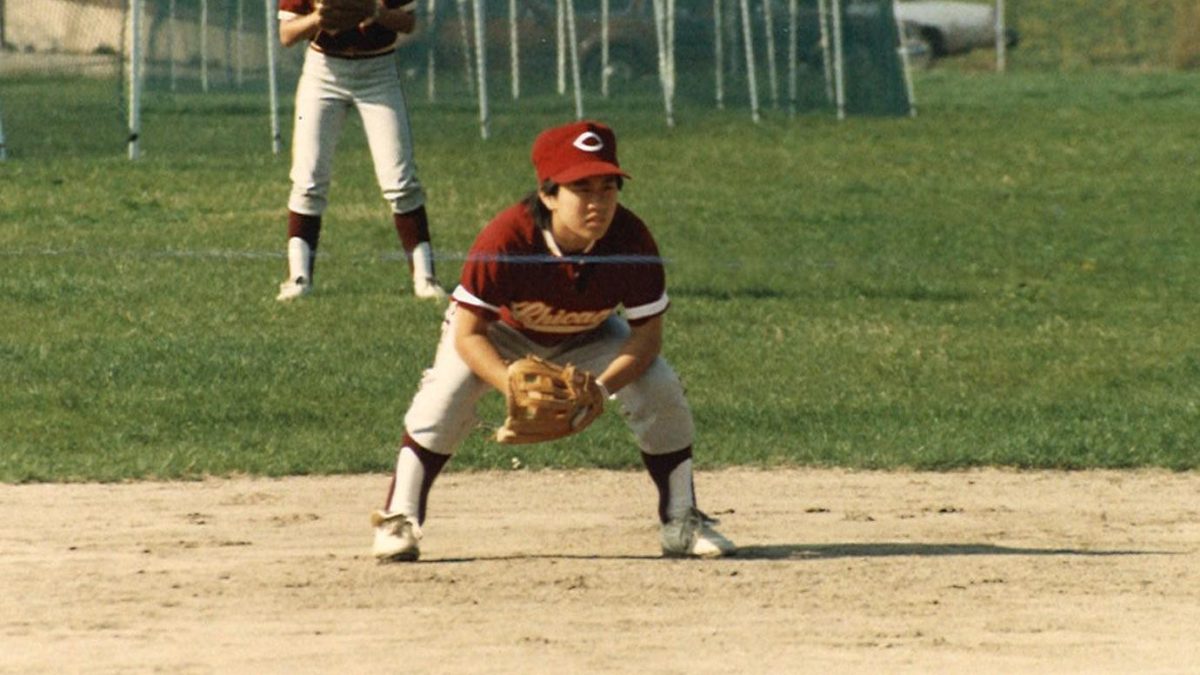Has the steroids problem in baseball become old news?
Recent allegations that former Mets and Phillies star Lenny Dykstra used steroids in the early 1990s have not raised nearly the same level of furor as previous accusations against stars. Dykstra, obviously, was not on the level of Mark McGwire or Barry Bonds. All the same, he was a big name in his time, and one would have expected more of a reaction from the press. Yet the sports media have been focusing instead on related claims that Dykstra was involved in betting on games. Have we reached the point where every player is so tainted that it’s just no surprise to learn that someone was dirty anymore?
Or is this lack of attention the result of something even more disturbing? Could it be that, when push comes to shove, the fans just don’t care about steroids?
There’s certainly evidence to suggest that this is the case. For all the widespread condemnation of McGwire, Bonds, Giambi, and company, money talks loud enough to drown out any earnest proclamation or heartfelt cry, and the fans are still spending money. Since the home run summer of 1998, more people have attended MLB games than at any comparable point in history, undeterred by the tremors of scandal.
Even now, after the earthquake has hit above the fold on sports pages everywhere, attendance continues to rise. Fans talk about wanting a clean game with a meaningful drug policy, but it seems like what we really want is more teams to be competitive. Even more than that, we want dingers, and lots of them. If steroids can give marginal players the ability to help weaker franchises and make a .250 hitter a threat to go deep, than they’re giving us what we want to watch. Sure it’s a health risk and is patently unfair, but, at a fundamental level, steroid use raises the quality of baseball.
Now, gambling, there’s a real problem.
From the beginning, all the serious scandals in baseball have been about gamblers tainting the game. Unlike certain other institutional flaws in the major league structure, most notably segregation, the powers that be have always responded swiftly and harshly to allegations of gambling. Joe Jackson and the other seven key players on the 1919 Black Sox are still banned from the Hall of Fame for throwing the World Series to Cincinnati, a lifetime ban that’s managed to outlive them. In our own time, Pete Rose is, for the foreseeable future, out of chances for reinstatement after his non-apologia for betting on games while managing the Reds. As soon as the league was sure that he had put money down on baseball, he was finished.
As soon as Jason Giambi went in front of a national television audience and all but admitted steroid use, he was back at spring training. From what does this phenomenon stem?
Why is it that baseball fans who barely blinked at the cocaine scandals of the ’80s, and now keep shelling out to see the BALCO gang blast homers, are horrified by the prospect of a Vegas hustler making a profit off of the game?
The answer is actually pretty simple. Cocaine doesn’t directly hurt your play. Steroids actually help you. Fans, in the most secret chambers of their hearts, don’t really mind cheating. We mind cheating when it hurts our team.
Don’t believe me? Bonds still gets standing ovations at PacBell Park. It took a World Series title for Red Sox fans to truly forgive and forget Manny Ramirez’s frequent lollygagging. For those rooting for the home team, dogging it is a far greater sin than putting your health—and the sanctity of sport—at risk for the cause of getting another 20 feet off a Roy Oswalt fastball. The latter may be breaking the rules, but at least it’s being done for the right reasons.
The fact that the league and the fans regard gambling as a serious problem has worked for the greater good of baseball. That attitude and the rules that arose from it have helped to keep the game clean from outside influences, a historical problem other sports.
On the other hand, it’s more than a little hypocritical to punish players involved with gambling for violating the sanctity of the game and not to do the same with drug users. The fact that steroids pose no risk of a player not putting in their best efforts is immaterial. In both situations, baseball has become spectacle, rather than sport.
If the lords of baseball and the paying customers who love them actually want a truly clean game, the first thing they should work to change is not testing policy, but their own hearts and minds. We must accept that cheating is cheating is cheating, whether it helps or hurts your play. An unfair advantage for your team may be nice, but that does not make it right. Until we understand this and act accordingly, the incentive for players to do whatever it takes to win will always be greater than the risks.







